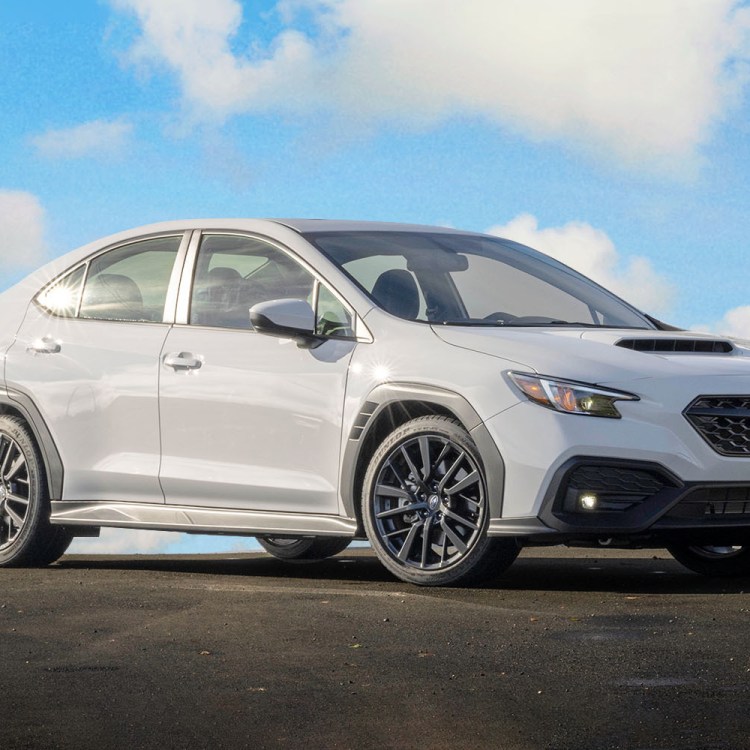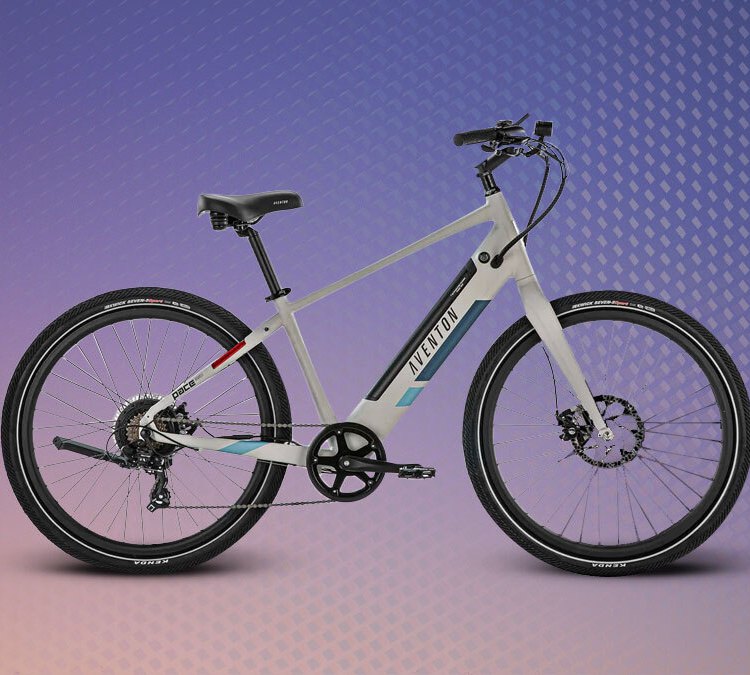Self-driving cars are increasingly becoming more of a reality than a dream and Washington lawmakers are finally taking notice.
A House Energy and Commerce subcommittee voted to advance a bill that would speed up the development of self-driving cars last week. It will also establish a federal framework for their regulation. It is the first major federal effort to regulate autonomous vehicles.
For a long time, lawmakers barely spoke of self-driving cars, despite the fact that many industries — taxi driving, long-haul trucking and shipping, among others — will be affected by the technology.
The bill, known as the Highly Automated Vehicle Testing and Deployment Act of 2017, would give the National Highway Traffic Safety Administration broad oversight on the whole industry. It is expected to go to a full committee vote this week and the bill could reach the House this fall.
Meanwhile, a bipartisan group of senators announced in June that it is working on its own version of an autonomous vehicle bill. The Senate’s bill focuses on “safety, fixing outdated rules, and clarifying the role of federal and state governments” reports The New York Times.
Both Democrats and Republicans see self-driving car technology as an important way to create jobs, and also keep the roads safer. Roughly 40,000 people die from motor vehicle deaths on American roads each year, and according to the National Highway Traffic Safety Administration, 94 percent of traffic deaths involve human error, like texting or DUIs.
Though self-driving cars could help with some of these issues, they do bring along a host of new fears. The technology is currently being tested in several states. Tesla’s Model S is already on the road, though it is predicted to take another decade or so before cars are capable of full autonomy in every driving condition.
Ford and Toyota both say they’re on track to release cars with limited autonomy within the next four years.
Because this is the first time the federal government has gotten involved, many states — including California, Michigan and Florida — have already started developing their own laws for self-driving cars.
While many people are excited for self-driving cars, some experts have warned that the technology could displace millions of workers. About 1.7 million Americans drive long-haul trucks for a living, and another 1.7 million drive taxis, buses, and other commercial vehicles. Autonomous vehicles could make those jobs obsolete.
This article was featured in the InsideHook newsletter. Sign up now.





















